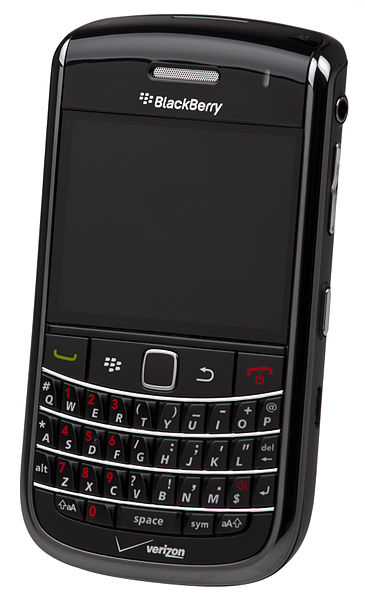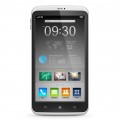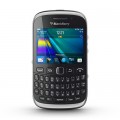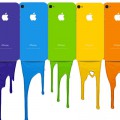Research In Motion (RIM) this week announced a plan to rebrand its image and release two new smartphones that barely resemble their brick-like BlackBerry predecessors.
In an effort to keep up with brands like Apple, Motorola and Samsung, RIM has released a rash of new concepts, products and features to help entice users back.
 In an announcement on Wednesday, RIM’s chief executive Thorsten Heins revealed not only two new BlackBerries, but also a name change; no longer will the company be known as RIM, but simply as BlackBerry. Heins admitted that the difference between the brand and its products was more confusing than anything and didn’t gel with the brand’s new streamlined image.
In an announcement on Wednesday, RIM’s chief executive Thorsten Heins revealed not only two new BlackBerries, but also a name change; no longer will the company be known as RIM, but simply as BlackBerry. Heins admitted that the difference between the brand and its products was more confusing than anything and didn’t gel with the brand’s new streamlined image.
The company name wasn’t the only new brand initiative. Marketing and creative strategies were also introduced to help boost the brand’s image. Heins announced that the company will run a Super Bowl ad for its new phone, the Z10, and introduced singer Alicia Keys as the brand’s creative director, clearly gunning for the younger market share.
And why not? BlackBerry has nothing to lose at this point as its market share continues to decline. IDC reported earlier this month that the once-giant in communications now holds only 4.7 percent of the vast smartphone market share.
Heins also flaunted the new phones and what is hopefully the saving grace for the company. The Z10 is more iPhone-like, with a touch screen that relies on swiping, a removable battery and a smooth, sleek exterior. The Q10 will be more akin to the phones fans used to know and love, with an external keyboard and hardware buttons. The phones are designed for communication, which RIM has always excelled at, including goodies like BBM with video conferencing and screen sharing, but also offer more in the way of connectivity and apps. Still, while the company promises 100,000 apps by launch, it’s hard to match the well-cultivated application market for Apple and Android.
Most big-name cell phone providers have agreed to stock the new Z10 and Q10, with Verizon Wireless announcing that it would be available with a two-year contract for $200. Of course, only time will tell if the BlackBerry name can resurrect the brand or if smartphone users have simply moved on.
[cf]tracking[/cf]






No Comment